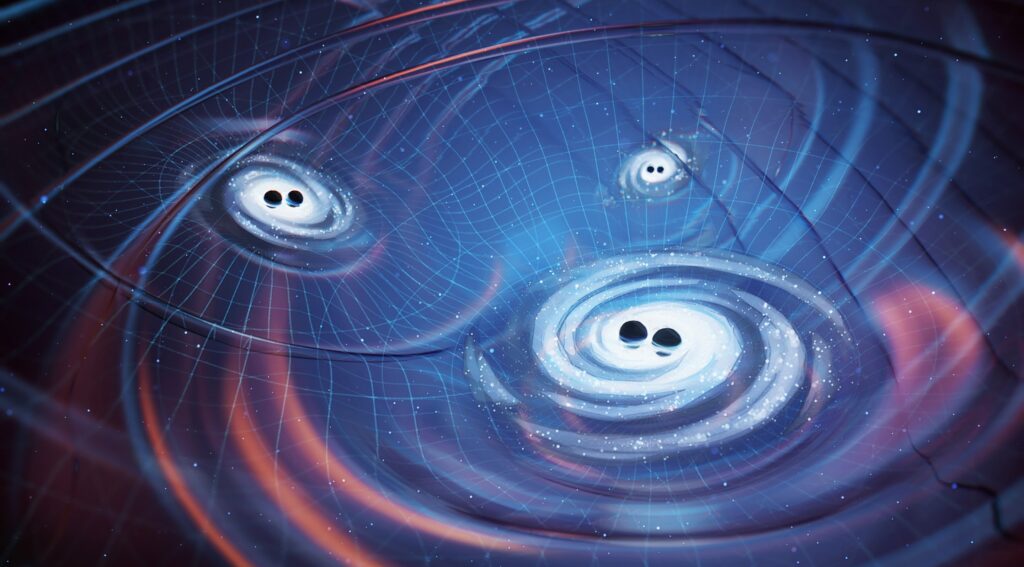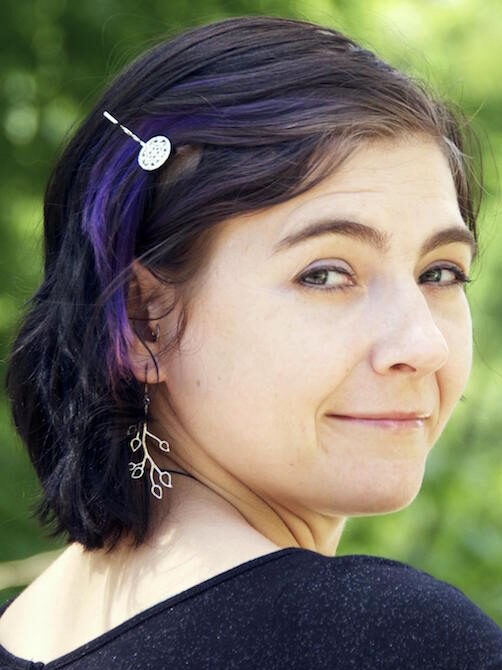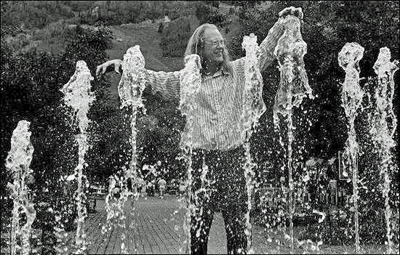

Public Lecture
Unraveling the Cosmic Melody of Black Holes
Jillian Bellovary
CUNY Queensborough Community College
Wed, Feb 5, 5:30–6:30pm
Supermassive Black Holes are awesome! But do you know what’s even more awesome? Merging supermassive black holes! Black holes smashing together is one of the most powerful and weirdest phenomena in the universe, and astronomers want to measure where, when, and how often it happens. We can do this because when black holes merge they shake the universe a little bit, and emit gravitational waves. Because black holes merge all over the universe, these ripples in space-time are… everywhere. How can we not just detect them, but disentangle them? It turns out we can use the entire galaxy as a gravitational wave detector! We use the properties of pulsars, which are the spinning cores of dead stars located all around the Milky Way, to measure echoes of merging black holes across cosmic time. Using this technique to unravel the cosmic melody of black holes will help us learn all about galaxy and black hole evolution, and it’s also really awesome.

About Jillian Bellovary
Jillian Bellovary is an Associate Professor at the City University of New York - Queensborough Community College, a Research Associate at the American Museum of Natural History, and the founder and director of the CUNY Masters in Astrophysics bridge program. She uses cosmological simulations to study black hole formation and evolution, focusing on predicting the detection of intermediate mass black holes with gravitational waves. Jillian is well known in the field for mentoring a small army of community college students, always asking about off-center black holes, and knitting during talks. In her free time she plays roller derby.
Nick and Maggie DeWolf Public Lecture Series
The Nick and Maggie DeWolf Foundation has sponsored our winter public lecture series since their inception in 1985. The Nick and Maggie DeWolf Foundation is a nonprofit organization based in Aspen, Colorado. Its core tenet is to provide support to groups and organizations interested in improving the quality of life and education in the world. During the winter, Aspen Center for Physics hosts week-long conferences, and during each conference one of the conference participants is asked to give a public physics talk. You can watch past talks on our YouTube channel here.
